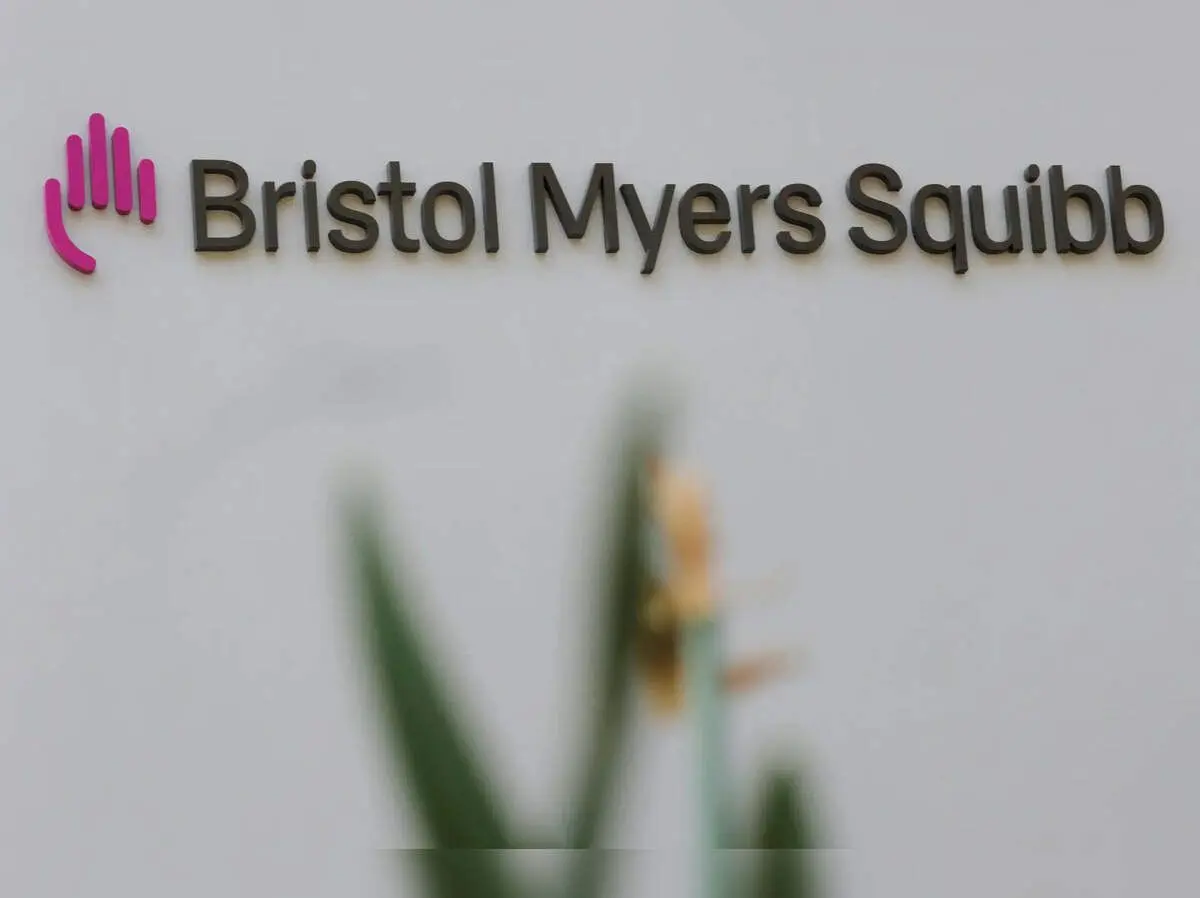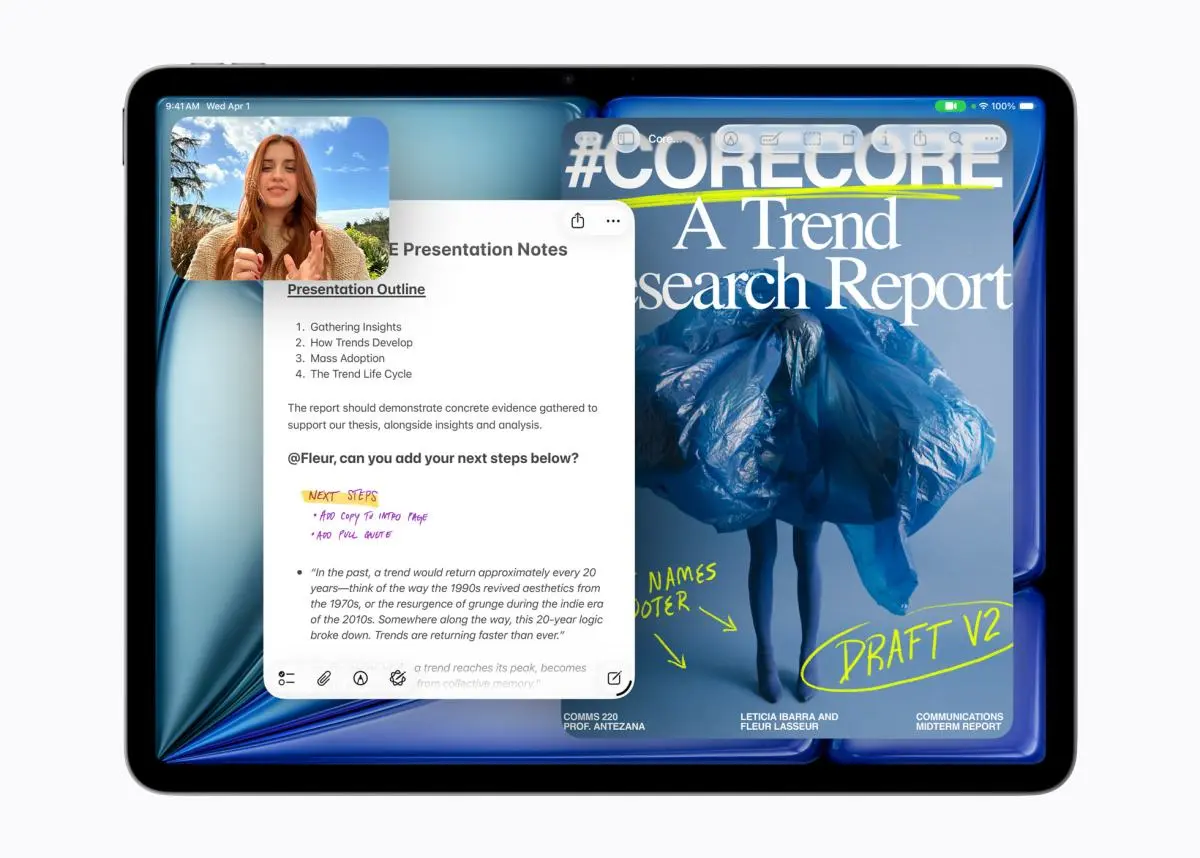bioAffinity Technologies Secures Patent for AI-Powered Lung Cancer Detection Test
2 Sources
2 Sources
[1]
bioAffinity stock soars after receiving patent allowance for AI lung cancer test By Investing.com
Investing.com -- bioAffinity Technologies Inc (NASDAQ:BIAF) stock surged 14% on Thursday after the biotechnology company announced it received a notification of allowance from the United States Patent and Trademark Office for a new patent covering its AI-built algorithm and flow cytometry platform for lung cancer detection. The patent, titled "Detection of Early-Stage Lung Cancer in Sputum using Automated Flow Cytometry and Machine Learning," covers a system and method for predicting lung cancer likelihood by analyzing patient sputum samples. The company's CyPath® Lung test uses advanced flow cytometry to detect cancer-related changes in the lung. "Artificial intelligence was integral to the development of our CyPath® Lung test and has resulted in the detection of lung cancer at its earliest Stage 1A, a potentially curative stage," said Maria Zannes, President and CEO of bioAffinity Technologies. The company noted that a quarter of a million Americans are expected to receive a lung cancer diagnosis in 2025, representing the leading cause of cancer death. The CyPath® Lung test is designed to help physicians determine next steps for patients with pulmonary nodules requiring follow-up. This newly allowed U.S. patent adds to bioAffinity's expanding global patent estate, which now includes 18 awarded and 33 pending patents across multiple countries including the U.S., Canada, China, France, Germany, Hong Kong, Italy, Japan, Mexico, Spain, Sweden, and the United Kingdom. This article was generated with the support of AI and reviewed by an editor. For more information see our T&C.
[2]
BioAffinity Technologies Announces Notification of Allowance for U.S. Patent Application for Its Diagnostic Algorithm and Test Method for Lung Cancer
bioAffinity Technologies, Inc. announced it has received a notification of allowance from the United States Patent and Trademark Office (USPTO) for a new patent covering the AI-built algorithm and flow cytometry platform that analyzes cell populations in sputum leading to detection of lung cancer. The patent, titled "Detection of Early-Stage Lung Cancer in Sputum using Automated Flow Cytometry and Machine Learning," covers a system and method for predicting the likelihood of lung cancer by analyzing patient sputum samples. CyPath®? Lung's advanced flow cytometry process detects changes in the lung linked to cancer, including populations of immune cells, apoptotic cells and cancer and cancer-related cells labeled by the Company's proprietary TCPP porphyrin. CyPath®? lung's AI-driven analysis combines these variables with patient age to predict cancer in the lung. CyPath®? Lung can be utilized by physicians to determine next steps for patients with pulmonary nodules requiring follow-up. The noninvasive test is designed to perform with high sensitivity and specificity and seeks to deliver valuable diagnostic insight while alleviating patient anxiety, preventing unnecessary invasive procedures and reducing costs to the healthcare system. This newly allowed U.S. patent complements bioAffinity's expanding global patent estate, which now includes 18 awarded and 33 pending patents. bioAffinity Technologies holds patents in the U.S., Canada, China, France, Germany, Hong Kong, Italy, Japan, Mexico, Spain, Sweden, and the United Kingdom. CyPath®? Lung uses proprietary advanced flow cytometry and artificial intelligence (AI) to identify cell populations in patient sputum that indicate malignancy. Automated data analysis helps determine if cancer is present or if the patient is cancer-free. CyPath®? Lung incorporates a fluorescent porphyrin that is preferentially taken up by cancer and cancer-related cells. Clinical study results demonstrated that CyPath®? Lung had 92% sensitivity, 87% specificity and 88% accuracy in detecting lung cancer in patients at high risk for the disease who had small lung nodules less than 20 millimeters. Diagnosing and treating early-stage lung cancer can improve outcomes and increase patient survival.
Share
Share
Copy Link
bioAffinity Technologies receives patent allowance for an AI-driven lung cancer detection test, boosting stock prices and expanding its global patent portfolio. The CyPath® Lung test uses advanced flow cytometry and machine learning to analyze sputum samples for early-stage lung cancer detection.
bioAffinity Technologies Advances AI-Powered Lung Cancer Detection
bioAffinity Technologies, Inc. has received a significant boost in its efforts to revolutionize early-stage lung cancer detection. The biotechnology company announced that it has been granted a notification of allowance from the United States Patent and Trademark Office (USPTO) for a new patent covering its artificial intelligence (AI) algorithm and flow cytometry platform designed for lung cancer detection
1
2
.The CyPath® Lung Test: A Breakthrough in Cancer Detection
The patent, titled "Detection of Early-Stage Lung Cancer in Sputum using Automated Flow Cytometry and Machine Learning," covers a system and method for predicting the likelihood of lung cancer by analyzing patient sputum samples. The CyPath® Lung test utilizes advanced flow cytometry to detect cancer-related changes in the lung
1
.This innovative test employs a proprietary fluorescent porphyrin that is preferentially taken up by cancer and cancer-related cells. The AI-driven analysis combines various factors, including populations of immune cells, apoptotic cells, and cancer-related cells, along with the patient's age, to predict the presence of lung cancer .
Clinical Performance and Potential Impact
In clinical studies, the CyPath® Lung test has demonstrated impressive results, with 92% sensitivity, 87% specificity, and 88% accuracy in detecting lung cancer in high-risk patients with small lung nodules less than 20 millimeters . This level of performance could significantly improve early detection rates and patient outcomes.
Maria Zannes, President and CEO of bioAffinity Technologies, emphasized the importance of AI in the development of CyPath® Lung, stating, "Artificial intelligence was integral to the development of our CyPath® Lung test and has resulted in the detection of lung cancer at its earliest Stage 1A, a potentially curative stage"
1
.Related Stories
Market Impact and Future Outlook
The announcement of the patent allowance had an immediate impact on bioAffinity Technologies' stock, which surged 14% following the news
1
. This positive market reaction reflects the potential significance of the CyPath® Lung test in addressing a critical healthcare need.With lung cancer expected to be diagnosed in a quarter of a million Americans in 2025, and as the leading cause of cancer death, the demand for effective early detection methods is high. The CyPath® Lung test aims to assist physicians in determining appropriate next steps for patients with pulmonary nodules requiring follow-up, potentially reducing unnecessary invasive procedures and healthcare costs
1
.Expanding Global Patent Portfolio
This newly allowed U.S. patent adds to bioAffinity's growing global patent estate, which now includes 18 awarded and 33 pending patents across multiple countries. The company holds patents in key markets such as the U.S., Canada, China, France, Germany, Hong Kong, Italy, Japan, Mexico, Spain, Sweden, and the United Kingdom
1
.References
Summarized by
Navi
[1]
Related Stories
Bristol Myers teams with Microsoft to deploy AI for early lung cancer detection across US hospitals
20 Jan 2026•Health

FDA Approves AI-Powered Prostate Cancer Risk Assessment Tool, Marking a Milestone in AI Medical Devices
15 Aug 2025•Health

Alibaba's AI-Powered Cancer Detection Tool Receives FDA Breakthrough Device Designation
22 Apr 2025•Health

Recent Highlights
1
OpenAI secures $110 billion funding round from Amazon, Nvidia, and SoftBank at $730B valuation
Business and Economy

2
Pentagon accepts OpenAI's autonomous weapons restrictions after blacklisting Anthropic
Policy and Regulation

3
Trump orders federal agencies to ban Anthropic after Pentagon dispute over AI surveillance
Policy and Regulation





